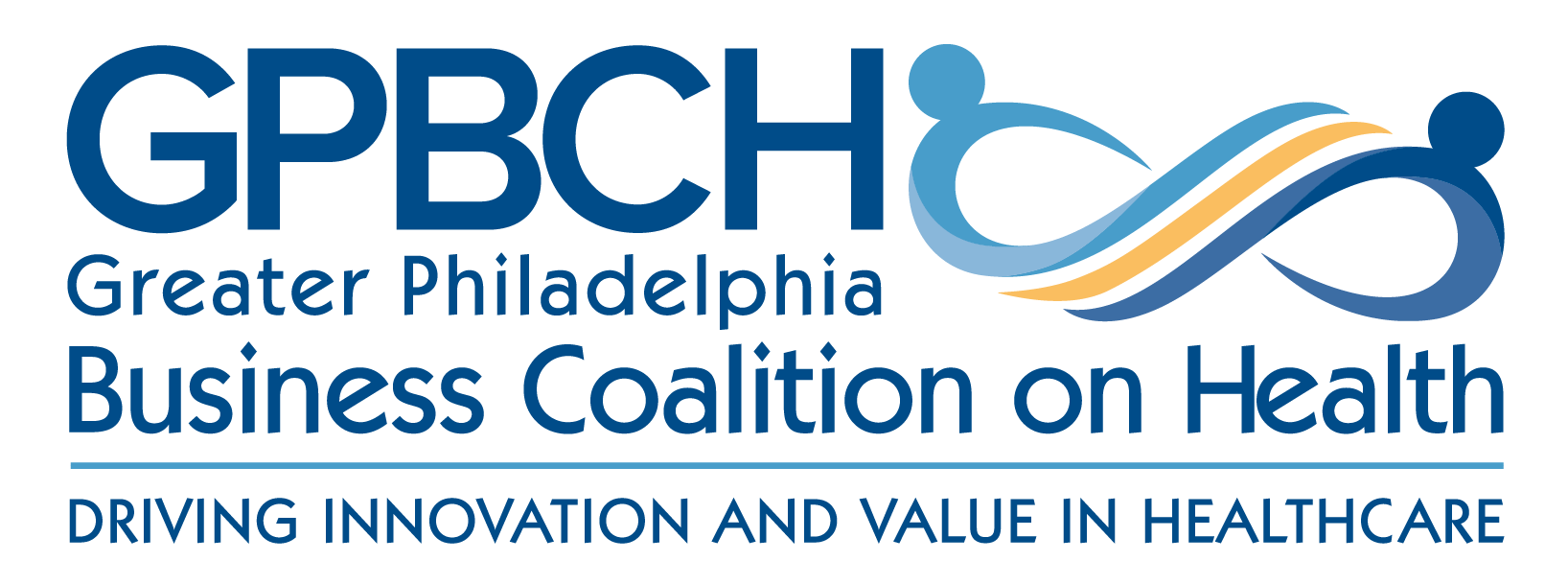
Vikki Walton, MBA: Bridging Health Equity Gaps Through DE&I

Employees want to know that their employers have a vested interest in their health, Vikki Walton, MBA, health equity leader at Mercer, explains.
Employers play an important role in
Transcription
When you begin working with an employer, what are the key starting points to improving health equity?
We go in and we first have the conversation about education. So, we have to educate them. Again, a lot of times employers recognize that with health equity or social determinants of health, they might know a little bit about it, but not so much. So, we go in and we have to educate staff around exactly what it means. And then we go in and we start to assess their actual benefits. We go in and do a deep dive into what they're offering and then tie it to different groups of cohorts.
So, if we are looking at the LGBTQ+ community, what are they doing around gender-affirming care? If we're looking at women, reproductive health, what are we doing? What are we offering? How can we support that? What does travel and lodging look like for those who want to have care at centers of excellence? So we go in and we do a deep dive, which will take some time, to assess what they currently offer.
We also do data harvesting. What does your data look like? As we start to support your inclusive benefits, what are we seeing with populations? So we go in and look at that. We also look at social determinants of health, where we look at the social vulnerability index to identify are there populations that are experiencing access to care. How can we support that? So, we take a methodical approach to assessing their overarching benefit platform, and then from there, start to look at what those interventions might look like.
Are there any research areas of interest?
Yeah, so the question always comes up of, well, what's the return on investment? How can we identify whether we’re being effective if this is our approach? We have seen research with the AMA [American Medical Association] that has looked at employers’ role and how a healthy employee will support a healthy workforce, and the importance of that. We've had surveys from employees saying,“This is what we want and we’re interested in having employers take a vested interest in our health and specifically targeted groups.”
But we also look at utilization and employee engagement, and then overarching outcomes as we develop. So as far as research, it's kind of individualized depending on what the employer is looking to gain. And then over time, I believe we'll be able to harvest and have robust outcomes data to support when employers start to improve the access and be more strategic and intentional when it comes to certain cohorts.
Newsletter
Stay ahead of policy, cost, and value—subscribe to AJMC for expert insights at the intersection of clinical care and health economics.









